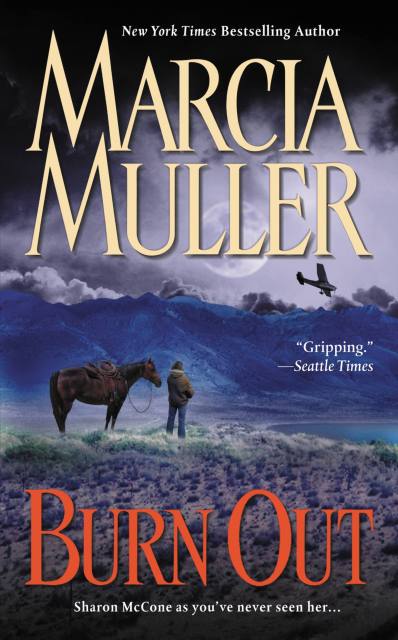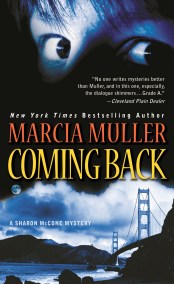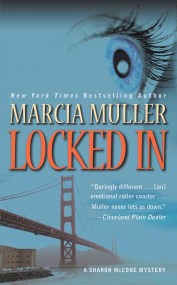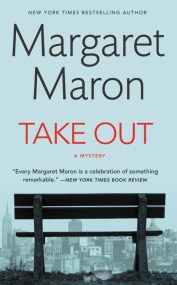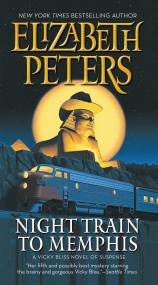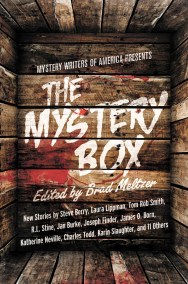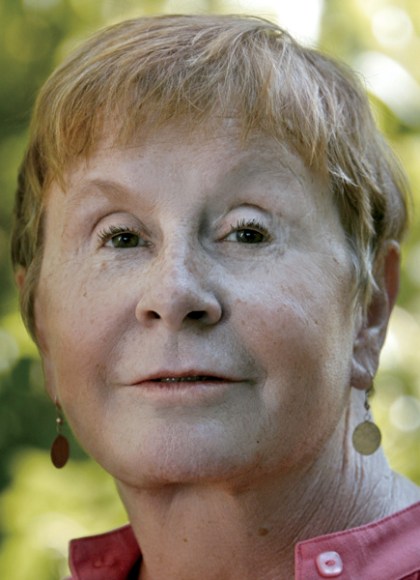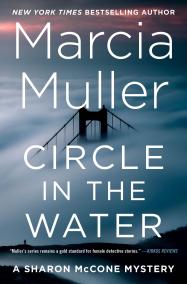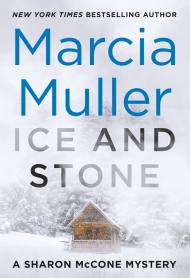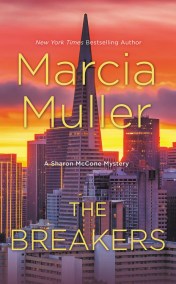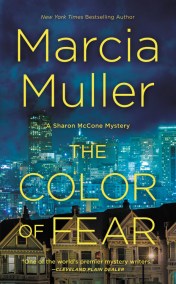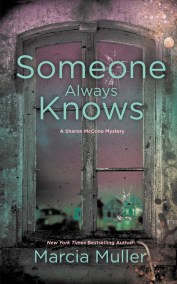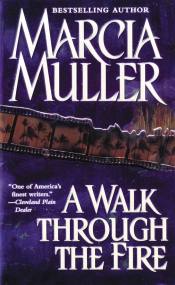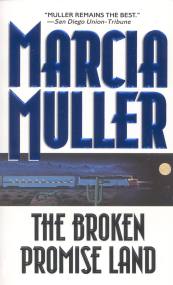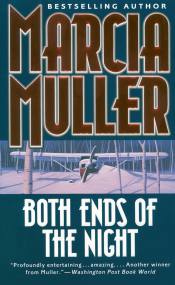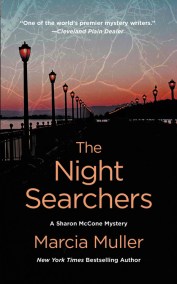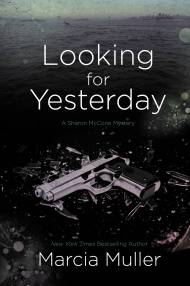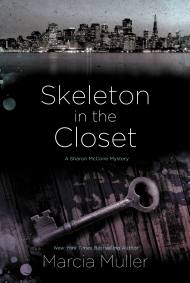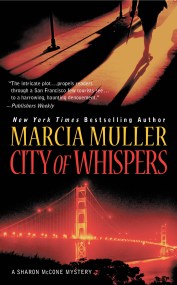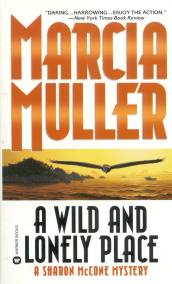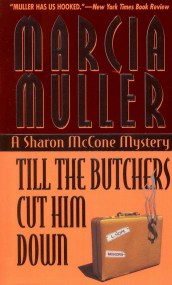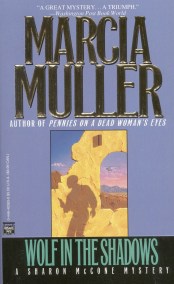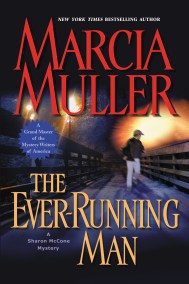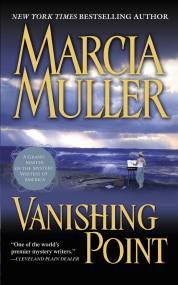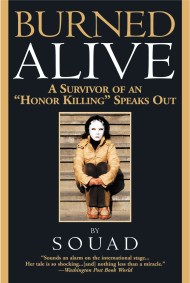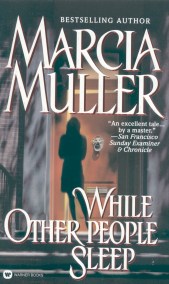By clicking “Accept,” you agree to the use of cookies and similar technologies on your device as set forth in our Cookie Policy and our Privacy Policy. Please note that certain cookies are essential for this website to function properly and do not require user consent to be deployed.
Burn Out
Contributors
Formats and Prices
- On Sale
- Oct 27, 2008
- Page Count
- 336 pages
- Publisher
- Grand Central Publishing
- ISBN-13
- 9780446543019
Price
$7.99Price
$9.99 CADFormat
Format:
ebook $7.99 $9.99 CADThis item is a preorder. Your payment method will be charged immediately, and the product is expected to ship on or around October 27, 2008. This date is subject to change due to shipping delays beyond our control.
Buy from Other Retailers:
New York Times bestselling author, Marcia Muller, brings you another thrilling mystery with her famous private investigator, Sharon McCone.
Traumatized by a recent life-or-death investigation, Sharon McCone flees to her ranch in California's high desert country to contemplate her future. Deep depression shadows her days and nights, and a chance encounter with a troubled, highly secretive Native American woman begins to haunt her dreams. Even though she is determined not to investigate anything during her stay — and perhaps not ever again — McCone is drawn into the plight of the young woman and her dysfunctional family. A murder and traces of violence at a deserted resort lead her across the desert and into Nevada, and finally to a remote and isolated ranch, where danger lies closer that she expects and where her future and life itself may hang in the balance.
Traumatized by a recent life-or-death investigation, Sharon McCone flees to her ranch in California's high desert country to contemplate her future. Deep depression shadows her days and nights, and a chance encounter with a troubled, highly secretive Native American woman begins to haunt her dreams. Even though she is determined not to investigate anything during her stay — and perhaps not ever again — McCone is drawn into the plight of the young woman and her dysfunctional family. A murder and traces of violence at a deserted resort lead her across the desert and into Nevada, and finally to a remote and isolated ranch, where danger lies closer that she expects and where her future and life itself may hang in the balance.
Series:
-
Praise for Marcia Muller and BURN OUT:Associated Press
"Muller undoubtedly remains one of today's best mystery writers." -
"Muller's series launched the modern hard-boiled female detective, and it has been setting a gold standard...for more than 30 years."Booklist (starred review)
Newsletter Signup
By clicking ‘Sign Up,’ I acknowledge that I have read and agree to Hachette Book Group’s Privacy Policy and Terms of Use
